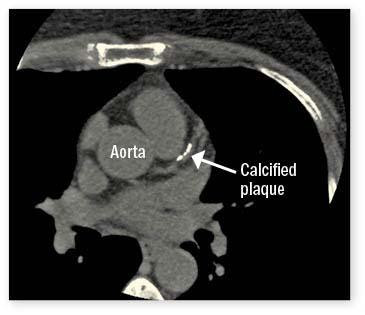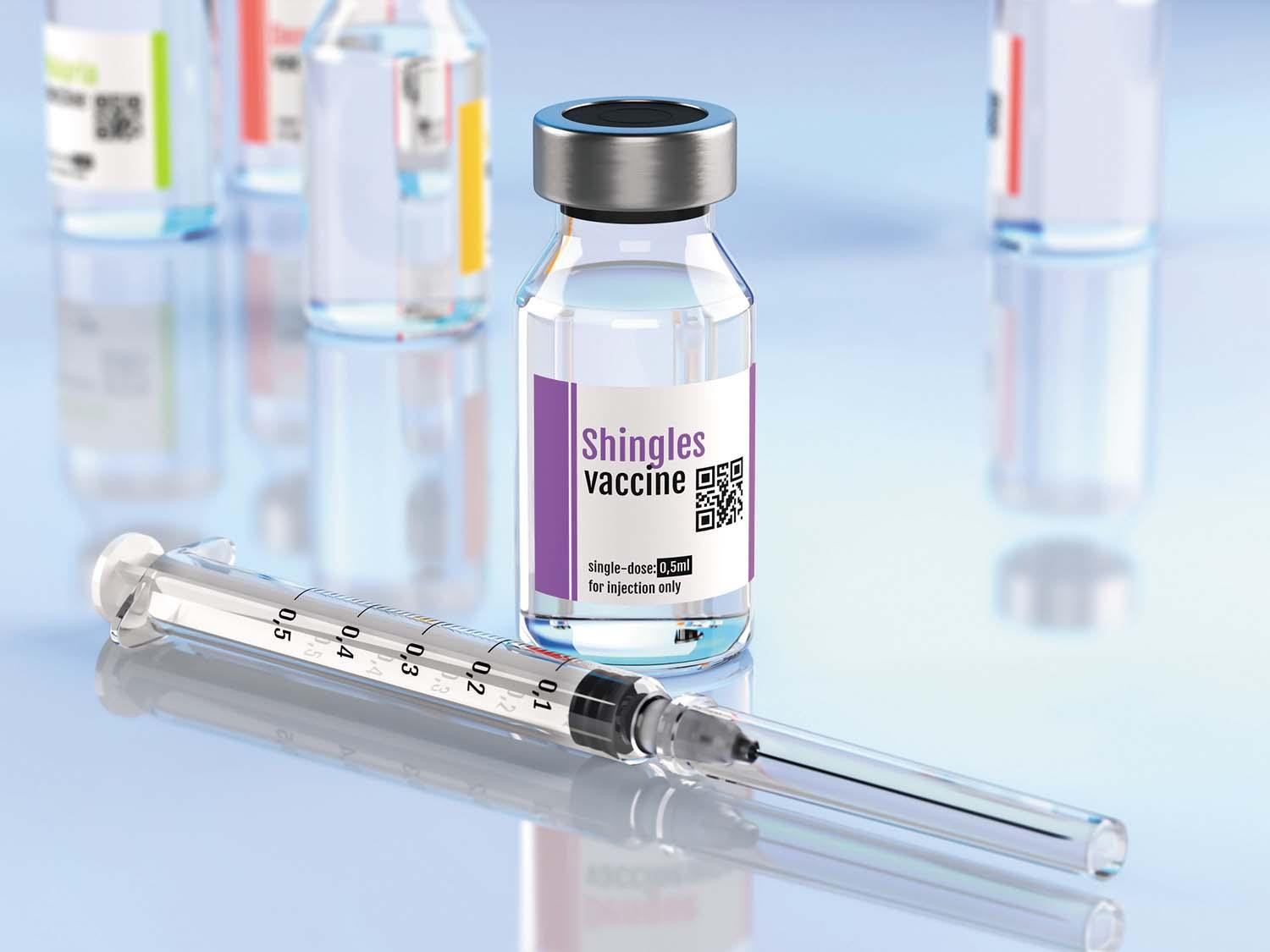
5 timeless habits for better health

What are the symptoms of prostate cancer?

Is your breakfast cereal healthy?

When pain signals an emergency: Symptoms you should never ignore

Does exercise give you energy?

Acupuncture for pain relief: How it works and what to expect

How to avoid jet lag: Tips for staying alert when you travel

Biofeedback therapy: How it works and how it can help relieve pain

Best vitamins and minerals for energy

Should you take probiotics with antibiotics?
Heart Disease Archive
Articles
Machine learning used on mammograms may help predict heart disease
A type of artificial intelligence that uses a deep machine learning tool to analyze different features from routine mammograms can predict a woman’s risk of heart-related problems, according to a 2025 analysis.
A new risk calculator estimates your heart’s age
A free online tool that estimates your heart’s age suggests that most adults have a heart that is older than their chronological age, according to a 2025 study.
The five factors that drive heart disease
A 2025 study finds that smoking and high blood pressure are the two most important factors driving heart disease risk. Together with high cholesterol, excess weight (or being underweight), and diabetes, these five factors account for about 50% of the burden of cardiovascular disease. Compared to people with all five risk factors at age 50, those who had none of the factors were far less likely to develop cardiovascular disease or die early. On average, women with none of the risks at midlife lived 13 more years without heart disease, while men lived an additional 11 years.
The heartfelt effects of exercise
Exercise is one of the most powerful tools for preventing heart disease and extending life. Physical activity triggers favorable changes such as making cells more sensitive to insulin and reducing inflammation. It also helps keep blood vessels supple and flexible (which supports efficient blood flow), strengthens muscles (which helps burn more calories), and remodels the heart, making it more efficient at pumping blood through the body. Together, these changes all reduce a person’s chances of developing common risk factors for heart disease, including diabetes, high blood pressure, high cholesterol, and obesity.
Higher fitness levels may protect against atrial fibrillation
A 2025 study suggests that higher fitness levels may help protect people from developing atrial fibrillation.
How relevant is heart rate variability?
Heart rate variability (HRV) is a measure of the tiny fluctuations in timing from one heartbeat to the next. Higher values are linked to better fitness levels and stress resilience.
A cold drink may trigger an episode of atrial fibrillation
For some people with atrial fibrillation, cold drinks and foods can trigger a bout of the rapid, irregular heartbeat that characterizes the disorder. Avoiding those triggers nearly always prevents this phenomenon, dubbed “cold drink heart.”
Just 7,000 daily steps reduces heart disease risk
A 2025 review found the people who walked 7,000 steps per day had a 25% lower of cardiovascular disease and a 47% lower risk of death from all causes compared to people who walked only 2,000 steps per day.
When incidental findings on scans reveal hidden heart disease
Imaging tests such as chest CT scans and mammograms, which can detect calcium deposits in arteries, can provide information about a person’s cardiovascular health. These so-called incidental findings—when a medical test discovers something unrelated to the original purpose of the test—have become increasingly common in recent years. With a chest CT, calcifications are grouped into four categories: none, mild, moderate, or severe. That’s often enough for a cardiologist to make a solid decision about whether to maintain or intensify a person’s drug treatment to prevent heart disease progression.
Can the shingles vaccine protect my heart?
A 2025 study found that people who had received a shingles vaccination had lower risks for stroke and various types of heart disease, including heart failure and heart attacks, compared with people who didn’t receive a shingles vaccine.

5 timeless habits for better health

What are the symptoms of prostate cancer?

Is your breakfast cereal healthy?

When pain signals an emergency: Symptoms you should never ignore

Does exercise give you energy?

Acupuncture for pain relief: How it works and what to expect

How to avoid jet lag: Tips for staying alert when you travel

Biofeedback therapy: How it works and how it can help relieve pain

Best vitamins and minerals for energy

Should you take probiotics with antibiotics?
Free Healthbeat Signup
Get the latest in health news delivered to your inbox!
Sign Up











